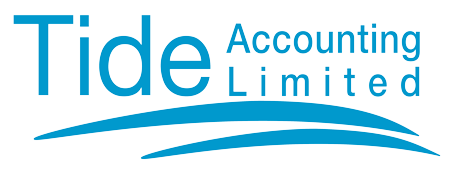Capital Gains Tax (CGT) is normally charged at a simple flat rate of 20% and this applies to most chargeable gains made by individuals. If taxpayers only pay basic rate tax and make a small capital gain, they may only be subject to a reduced rate of 10%. Once the total of taxable income and gains exceed the higher rate threshold, the excess will be subject to 20% CGT.
A higher rate of CGT applies to gains on the disposal of residential property (apart from a principal private residence). The rates are 18% for basic rate taxpayers (2023-24: 18%) and 24% (2023-24: 28%) for higher rate or additional rate taxpayers. Again, if the gain pushes a taxpayer into the higher rate, then CGT will be payable at both rates.
The 18% basic rate and 28% higher or additional rate of CGT that applies to gains in respect of carried interest (the share of profits or gains that is paid to asset managers) remain unchanged in the current tax year.
The usual due date for paying any CGT owed to HMRC is the 31 January following the end of the tax year in which the capital gain was made. However, since 27 October 2021 any CGT due on the sale of a residential property needs to be paid within 60 days. In practice, this change only applies to the sale of any residential property that does not qualify for Private Residence Relief (PRR).
There is also an annual CGT exemption for individuals that is currently £3,000 (2023-24: £6,000). A husband and wife each have a separate exemption. Same-sex couples who acquire a legal status as civil partners are treated in the same way as married couples for CGT purposes.

